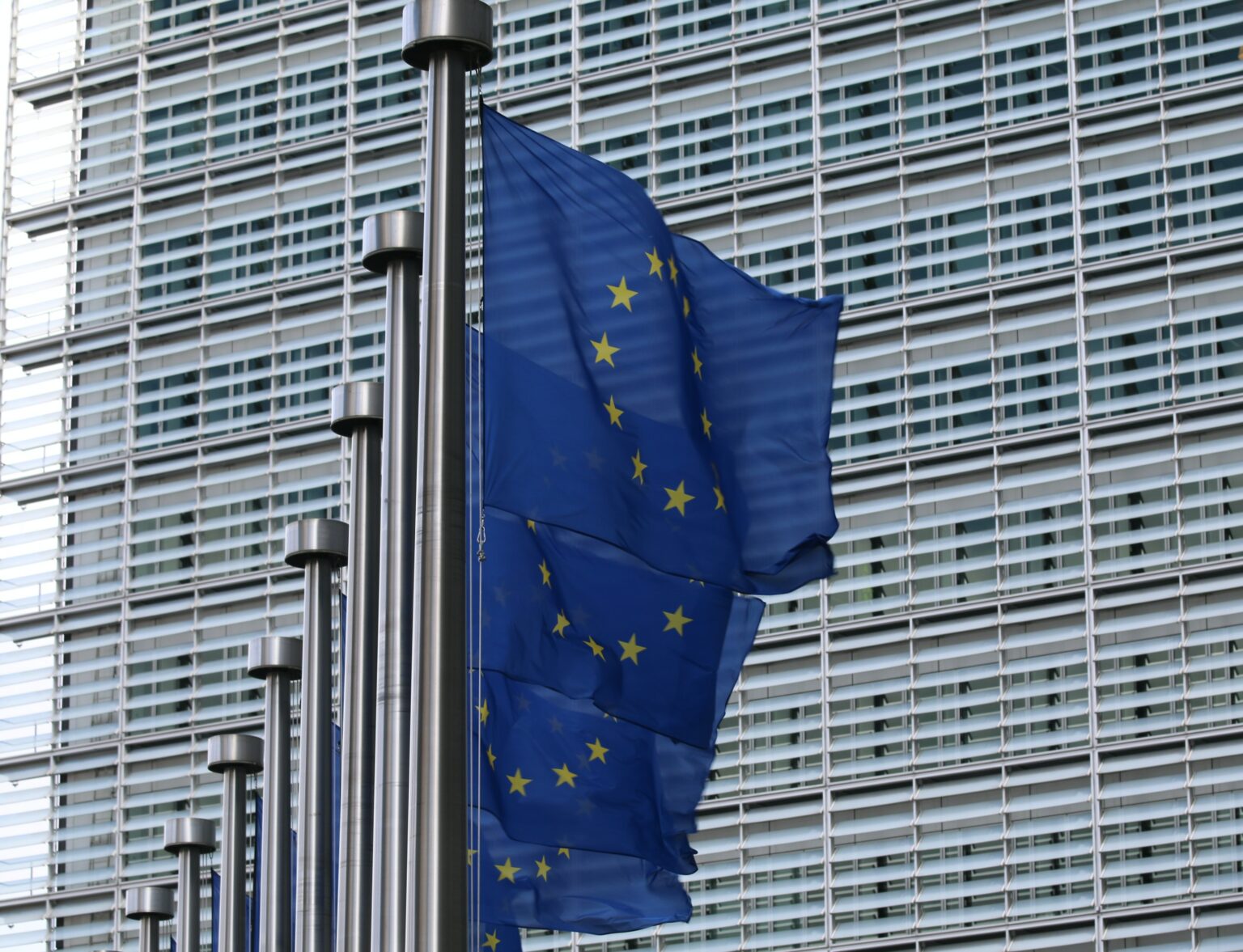European Commission has officially inaugurated the inaugural auction under the European Hydrogen Bank.
This initiative is designed to bolster the production of renewable hydrogen across Europe, with an initial infusion of €800 million sourced from emissions trading revenues and directed through the Innovation Fund.
The key objective of this auction is to provide support to producers of renewable hydrogen in the form of a fixed premium per kilogram of hydrogen produced. This financial assistance aims to bridge the economic divide between the cost of production and the current market price, where non-renewable hydrogen still maintains a competitive edge in terms of cost-effectiveness.
Recognizing the pivotal role of renewable hydrogen in Europe’s future energy landscape, particularly in the decarbonization of heavy industry and certain transport sectors, the Hydrogen Bank aligns with broader policy tools. The overarching goal is to cultivate a robust market for renewable hydrogen, stimulate investments in production capacity, and scale up production. The ultimate vision is aligned with the REPowerEU Plan, targeting the domestic production of 10 million tonnes of hydrogen by 2030.
Under the pilot auction, producers of renewable hydrogen, adhering to the Renewable Energy Directive, can submit bids for EU support. These bids propose a price premium per kilogram of renewable hydrogen produced, capped at 4.5€/kg. The auction will prioritize bids based on the lowest to highest bid price until the budget is depleted. Successful projects will receive the awarded subsidy for up to 10 years, augmenting their market revenues from hydrogen sales.
To maintain fairness among projects, the Hydrogen Bank stipulates that cumulation with other forms of aid from participating Member States will not be allowed. This aims to create a level playing field for projects, irrespective of their geographical location, preventing fragmentation and reducing administrative complexities.
Introducing an innovative “Auctions-as-a-Service” mechanism, the Commission allows Member States to finance projects that were unsuccessful in securing Innovation Fund support due to budget constraints. This streamlined approach enables Member States to allocate national funding without the need for a separate national-level auction, reducing administrative burdens.
As part of the next steps, interested bidders have until 8 February 2024 to apply via the EU Funding and Tenders Portal. An Info Day on 30 November offers an opportunity for project applicants to engage with the European Climate, Infrastructure and Environment Executive Agency (CINEA). Results of the evaluation are expected in April 2024, with Grant Agreements to be signed within nine months of the call closure. This pilot auction not only marks a significant stride in green hydrogen initiatives but also positions the Commission to gather essential data for future auctions and decarbonization technologies.
